Data needed for GenAI is putting businesses at risk
Enterprises are sharing more data with AI tools, so need to be better prepared.
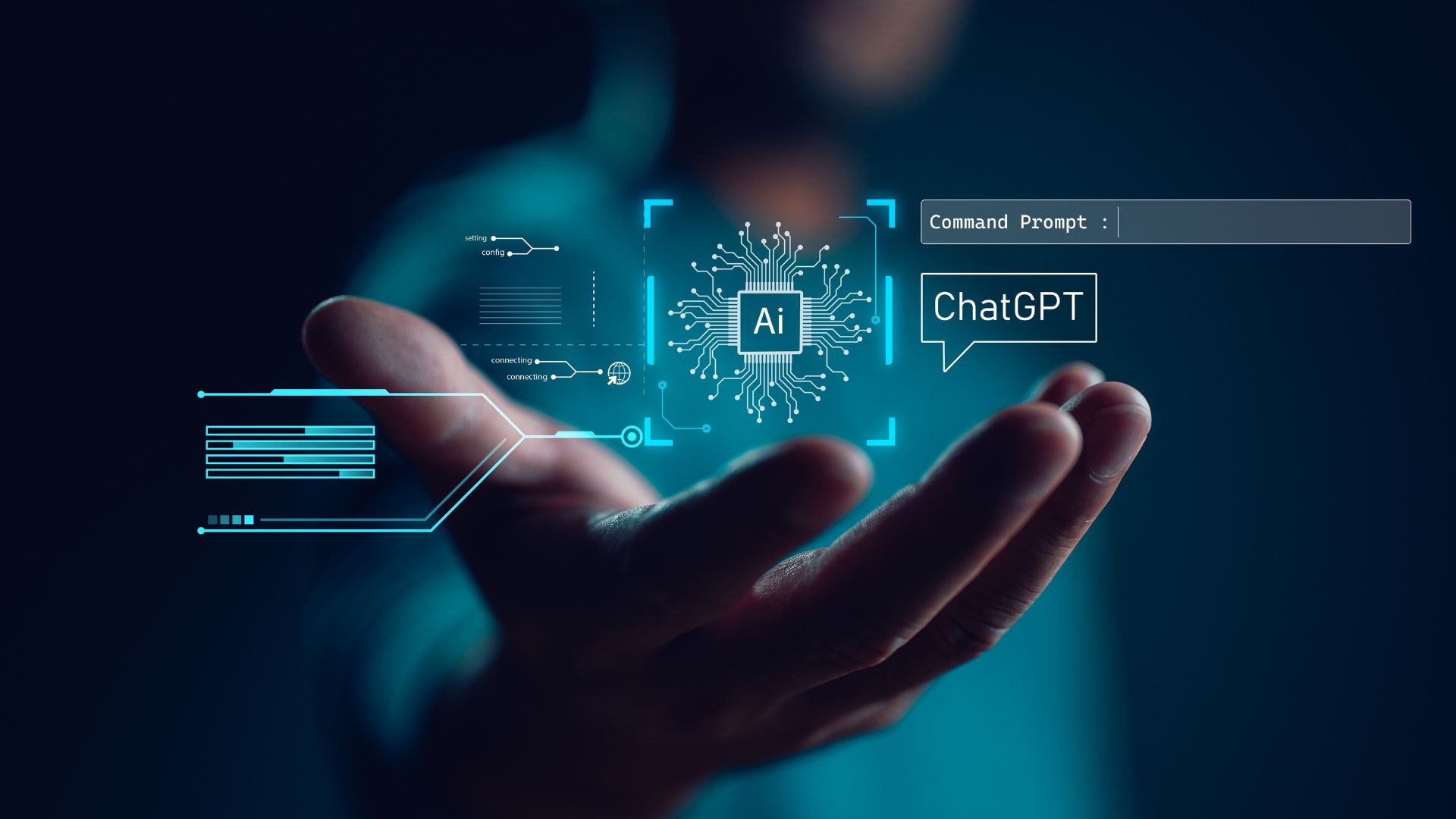
- Report claims enterprises share 7.7GB/month with GenAI apps, up from 250MB in 12 months
- Netskope finds three-quarters of employees use personal accounts for AI tools
- A stark rise in shadow AI has been observed
Enterprises have seen a staggering 30x increase in the amount of data they share with generative AI apps in the past year alone, highlighting the huge potential for vulnerabilities without the right amount of protection, new research has declared.
Findings from Netskope claim the average organization now shares 7.7GB per month with such apps, up from 250MB in 12 months.
Among the data shared is sensitive information, like source code, IP, regulated data, passwords and keys - with Netskope now urging businesses to consider how they share their data with third parties.
Sharing sensitive data with GenAI apps
Although many instances relate to the proper use of AI tools, Netskope’s research highlights the alarming rise of shadow AI, defined as artificial intelligence tools that employees use without authorization or approval from their companies. Nearly three in four (72%) enterprise users use GenAI apps with personal accounts for work.
On the whole, enterprises are struggling to keep up with the pace of AI tool adoption, and a great example of this is DeepSeek AI. Nine in 10 (91%) enterprise users had used DeepSeek within weeks of launch, but most companies lacked robust security policies.
Netskope also criticized enterprises for adopting a block-by-default approach – by restricting user access to AI tools, workers are more likely to engage with shadow AI, putting businesses at an even higher risk. Instead, companies should consider safely enabling them.
Interestingly, the report reveals a notable trend toward local GenAI infrastructure, with 54% of organizations running local versions compared with fewer than 1% a year ago.
“[GenAI is] becoming increasingly integrated into everything from dedicated apps to backend integrations,” said Ray Canzanese, Director of Netskope Threat Labs.
“This ubiquity presents a growing cybersecurity challenge, demanding organizations adopt a comprehensive approach to risk management or risk having their sensitive data exposed to third parties who may use it to train new AI models, creating opportunities for even more widespread data exposures,” Canzanese added.
Looking ahead, Netskope is urging enterprises to assess their tools, users and use cases to provide safer and more personalized solutions.
You might also like
- Check out our roundup of the best cloud hosting providers
- Zoom launches AI Companion 2.0 with a major agent focus
- Give your workers a helping hand with the best productivity tools



















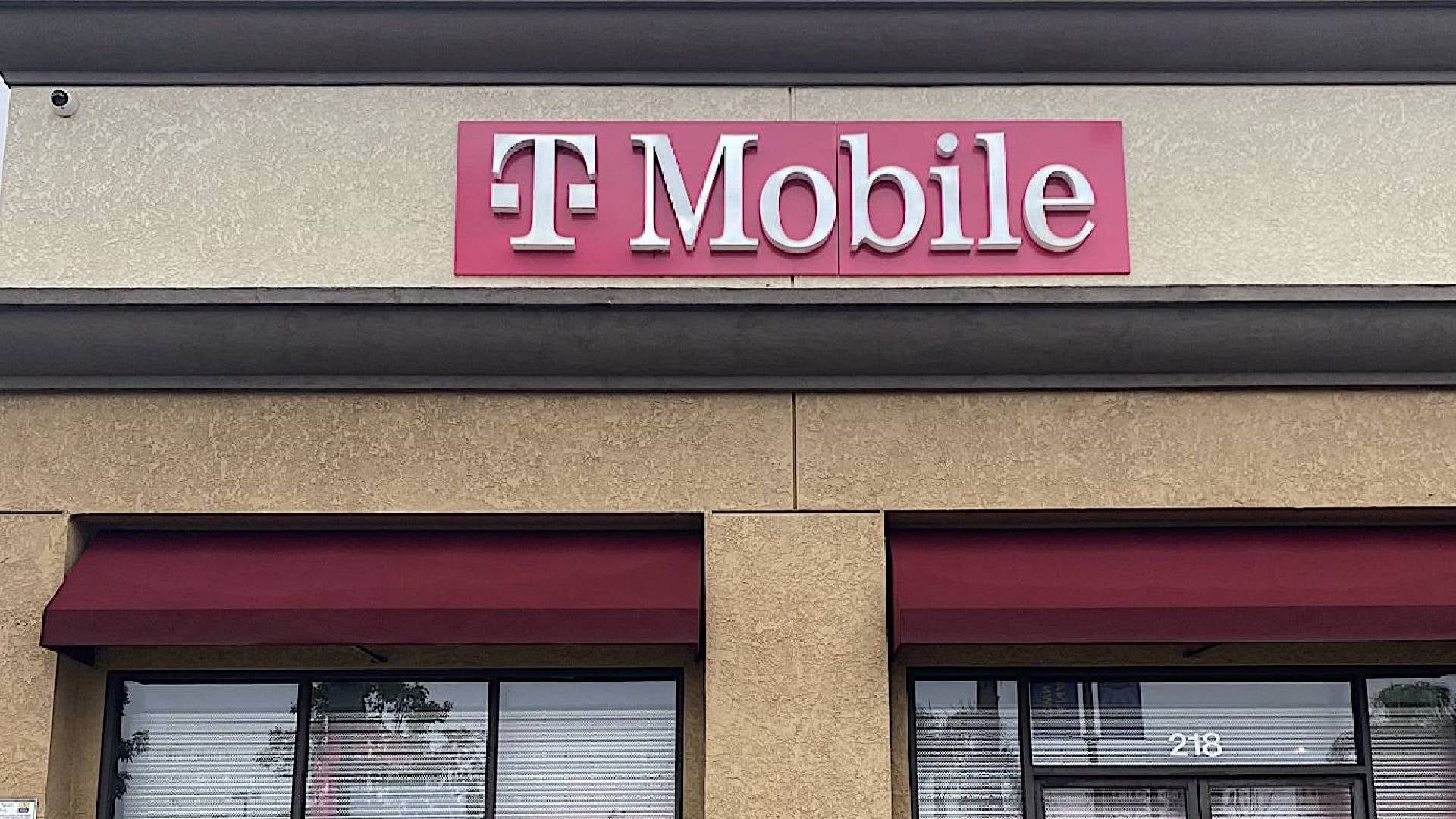









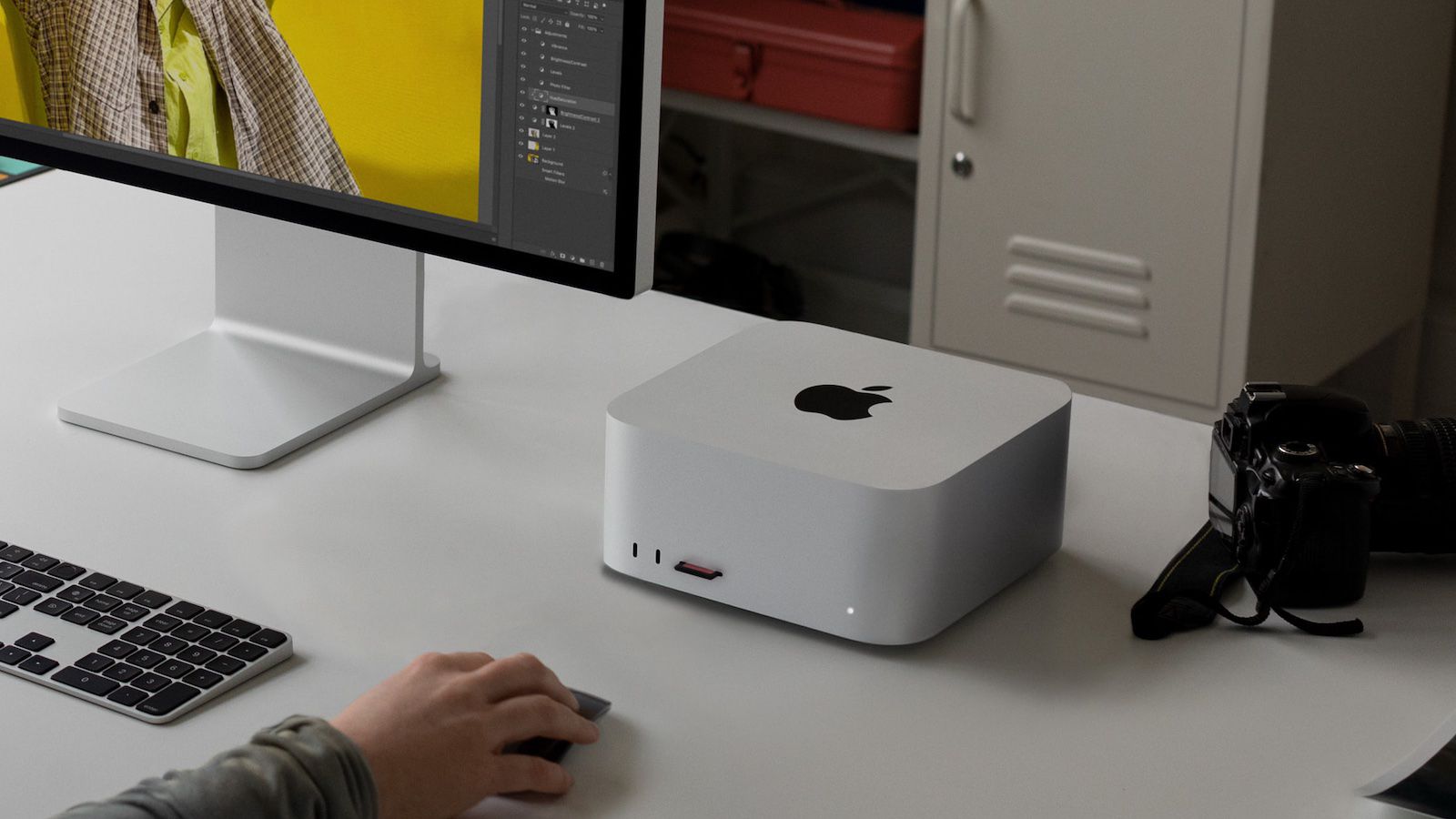



















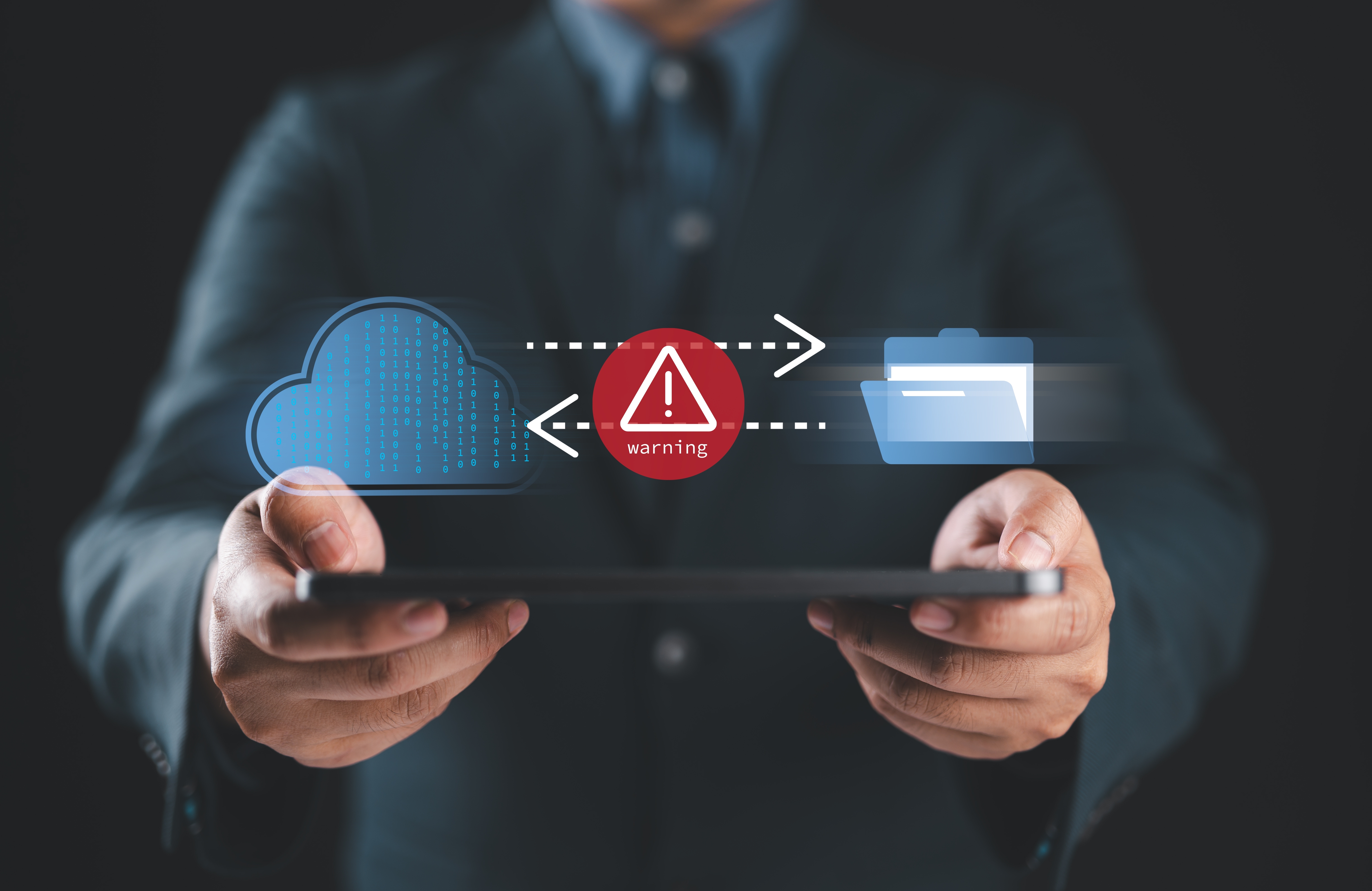














![Nomad Goods Launches 15% Sitewide Sale for 48 Hours Only [Deal]](https://www.iclarified.com/images/news/96899/96899/96899-640.jpg)


![Apple Watch Series 10 Prototype with Mystery Sensor Surfaces [Images]](https://www.iclarified.com/images/news/96892/96892/96892-640.jpg)






















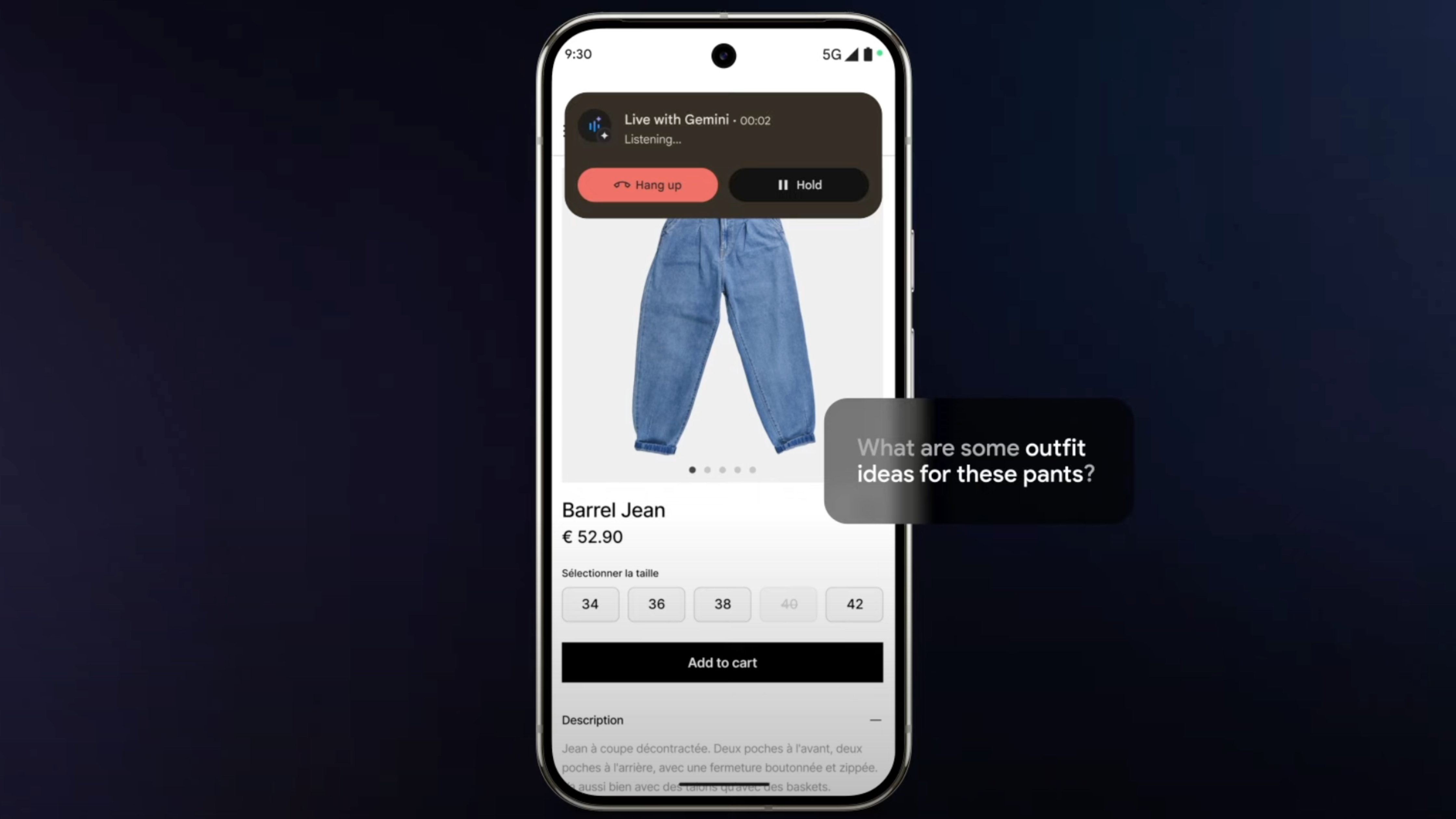

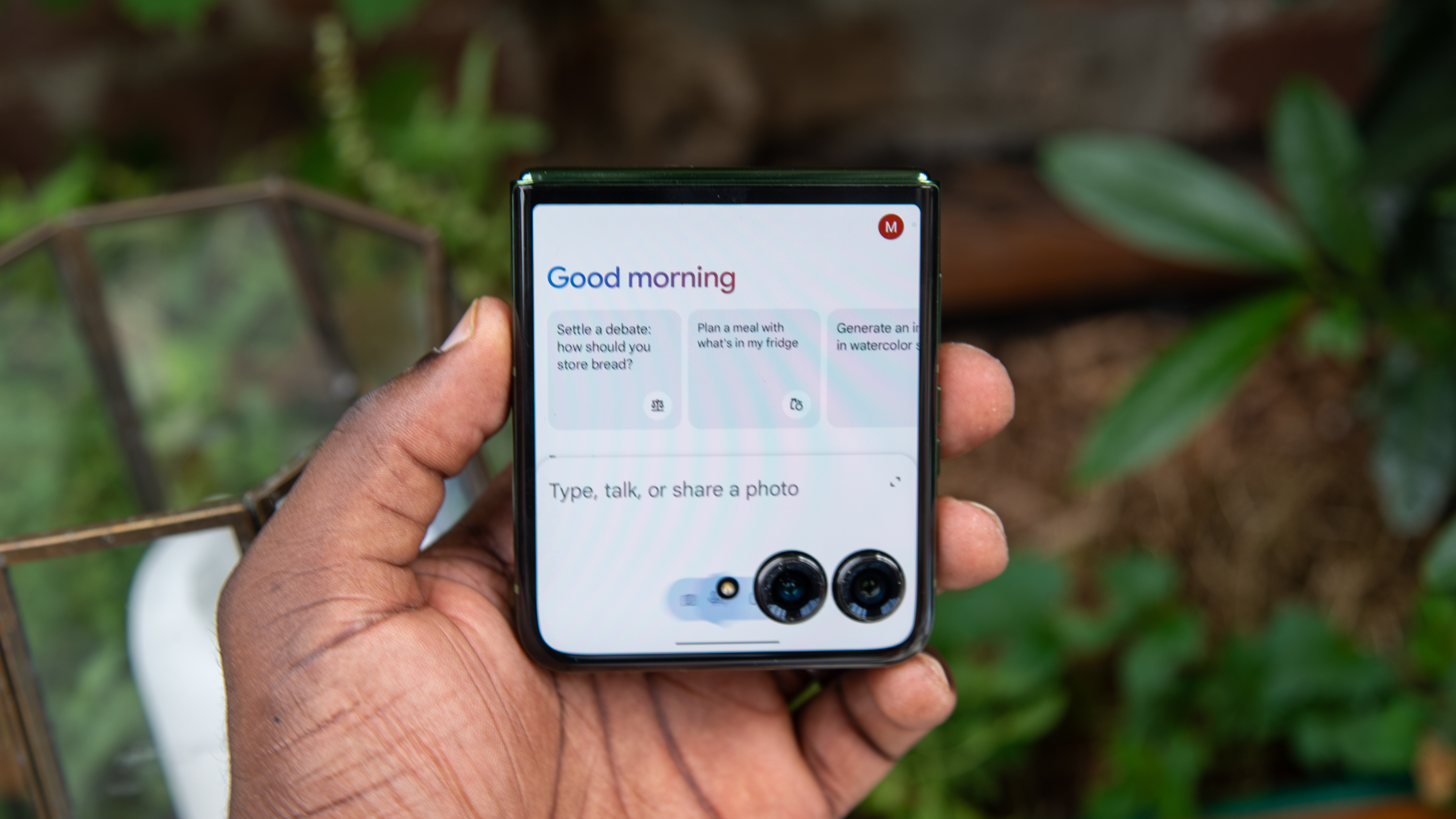


















































































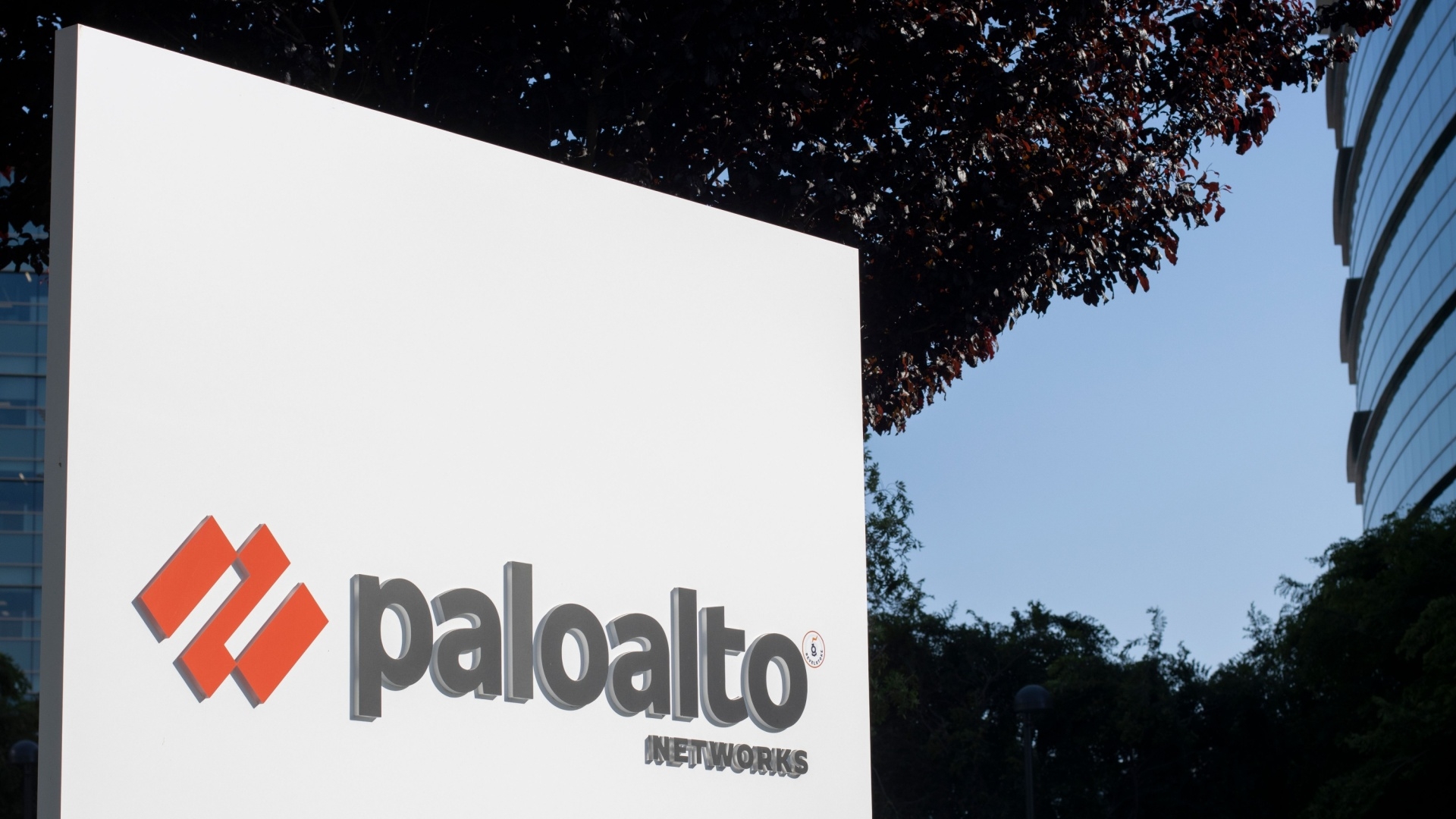












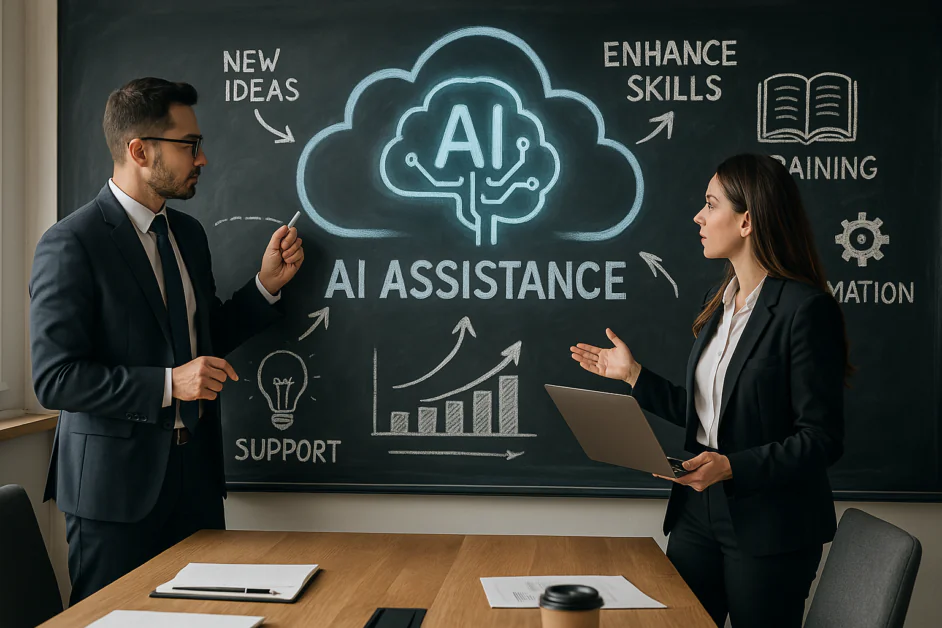






























































![[The AI Show Episode 142]: ChatGPT’s New Image Generator, Studio Ghibli Craze and Backlash, Gemini 2.5, OpenAI Academy, 4o Updates, Vibe Marketing & xAI Acquires X](https://www.marketingaiinstitute.com/hubfs/ep%20142%20cover.png)






















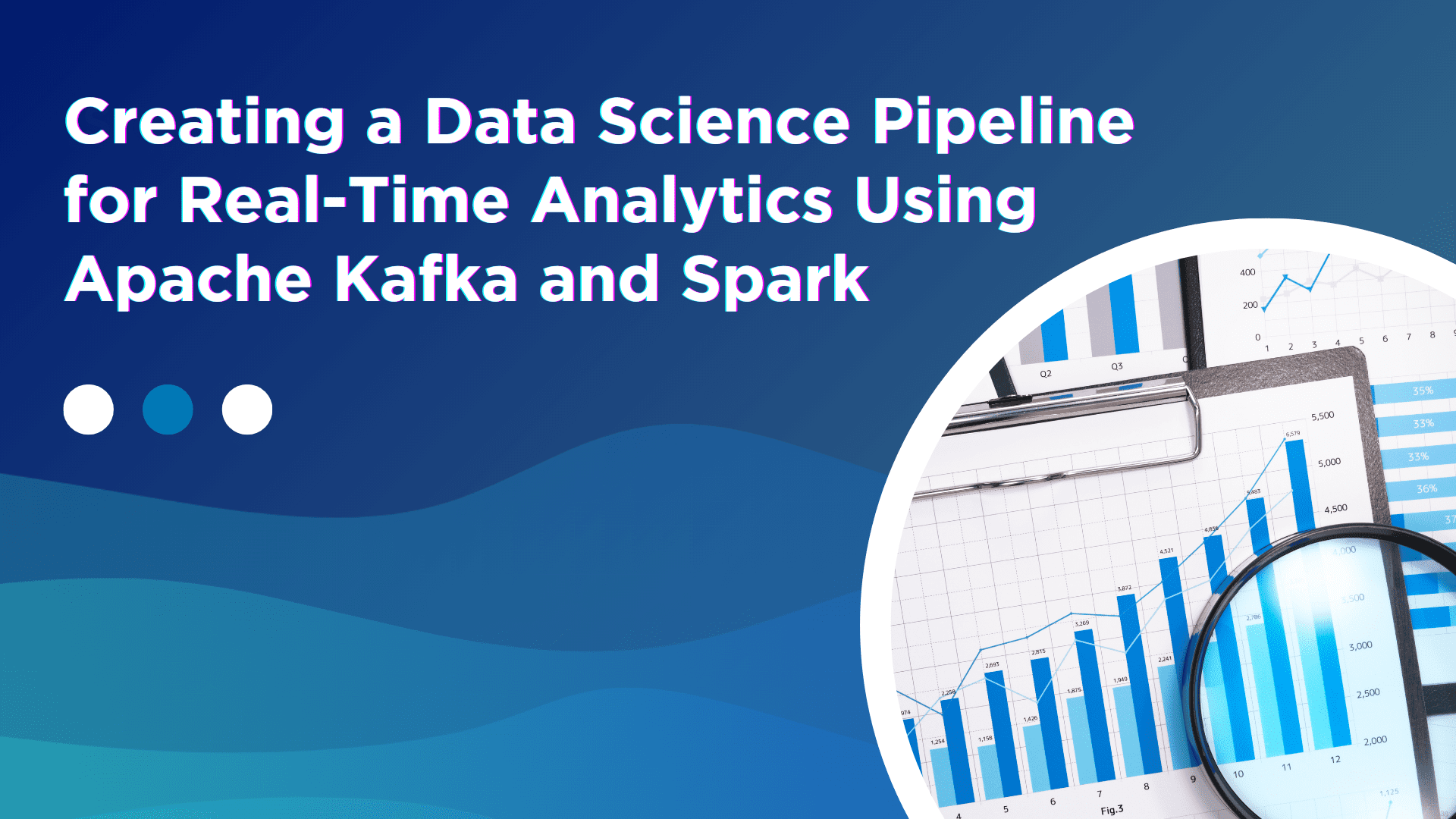


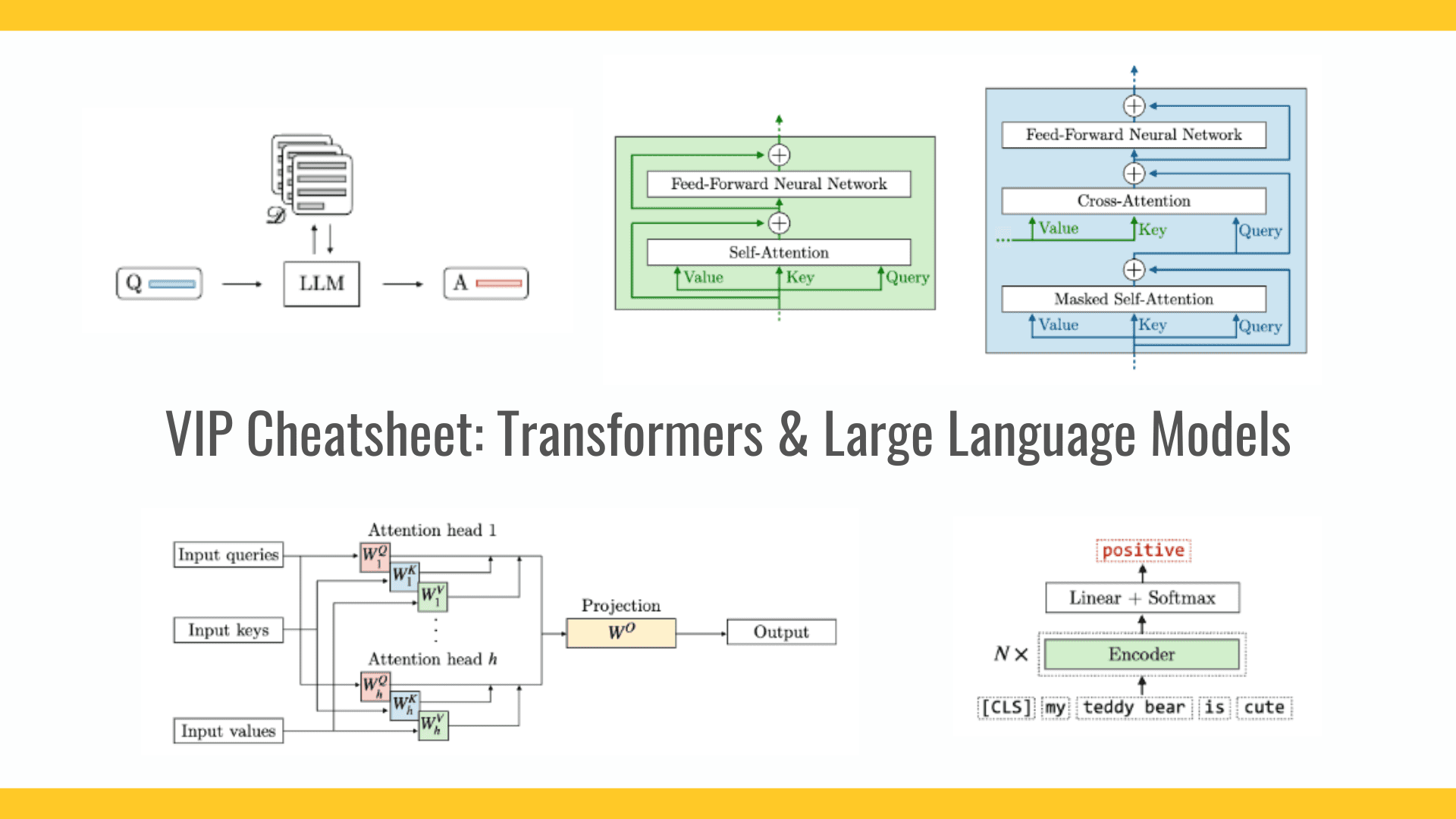






























































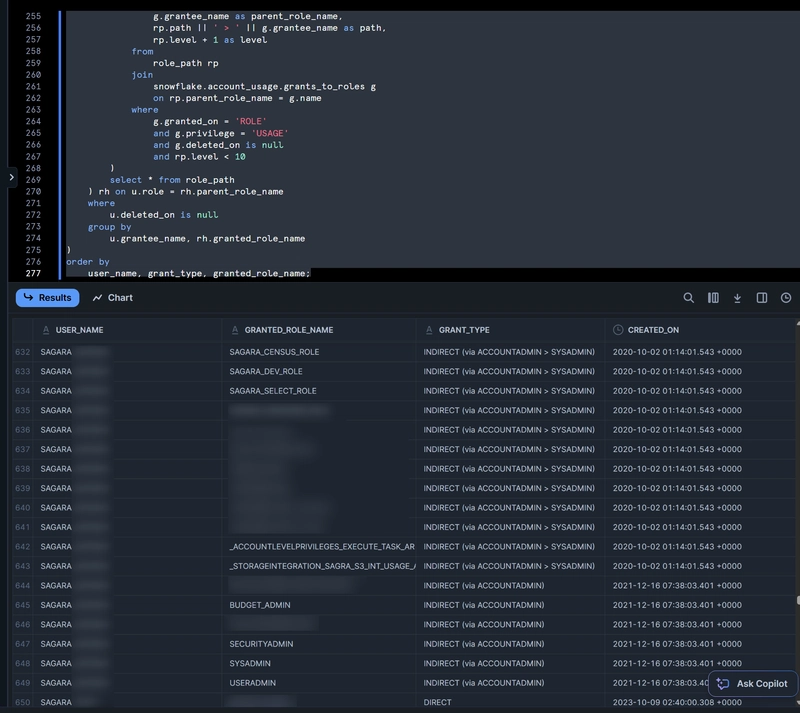



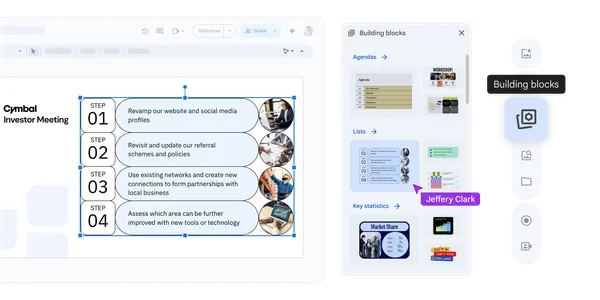
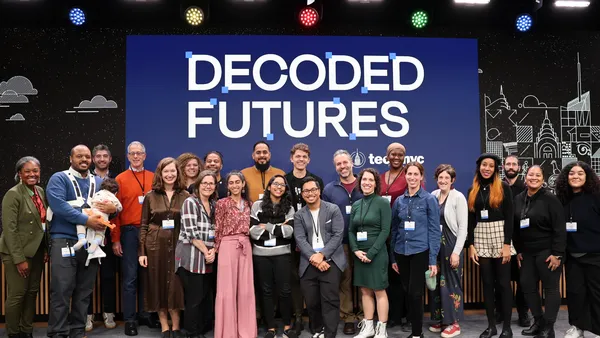















![Is this a suitable approach to architect a flutter app? [closed]](https://i.sstatic.net/4hMHGb1L.png)








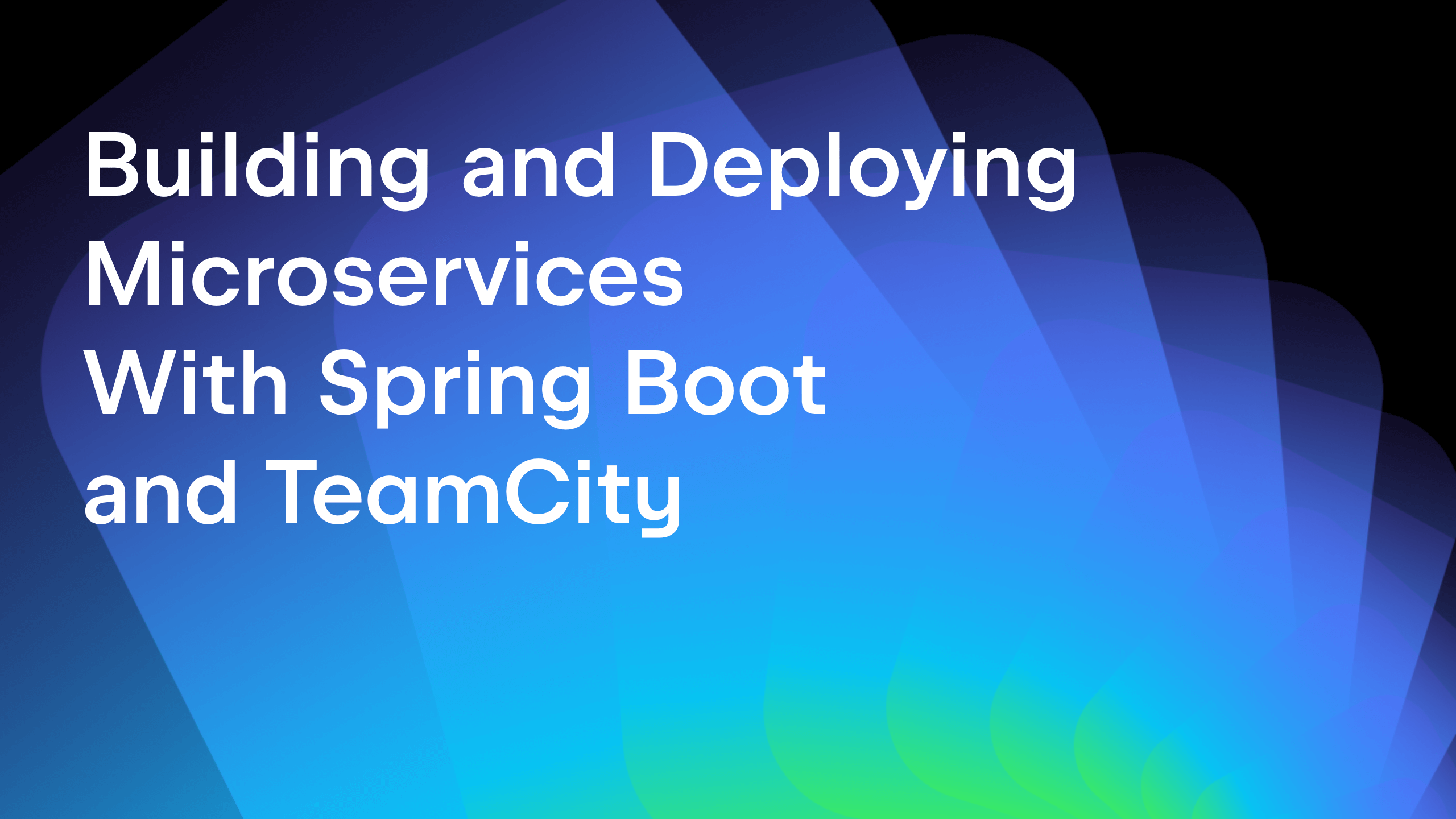








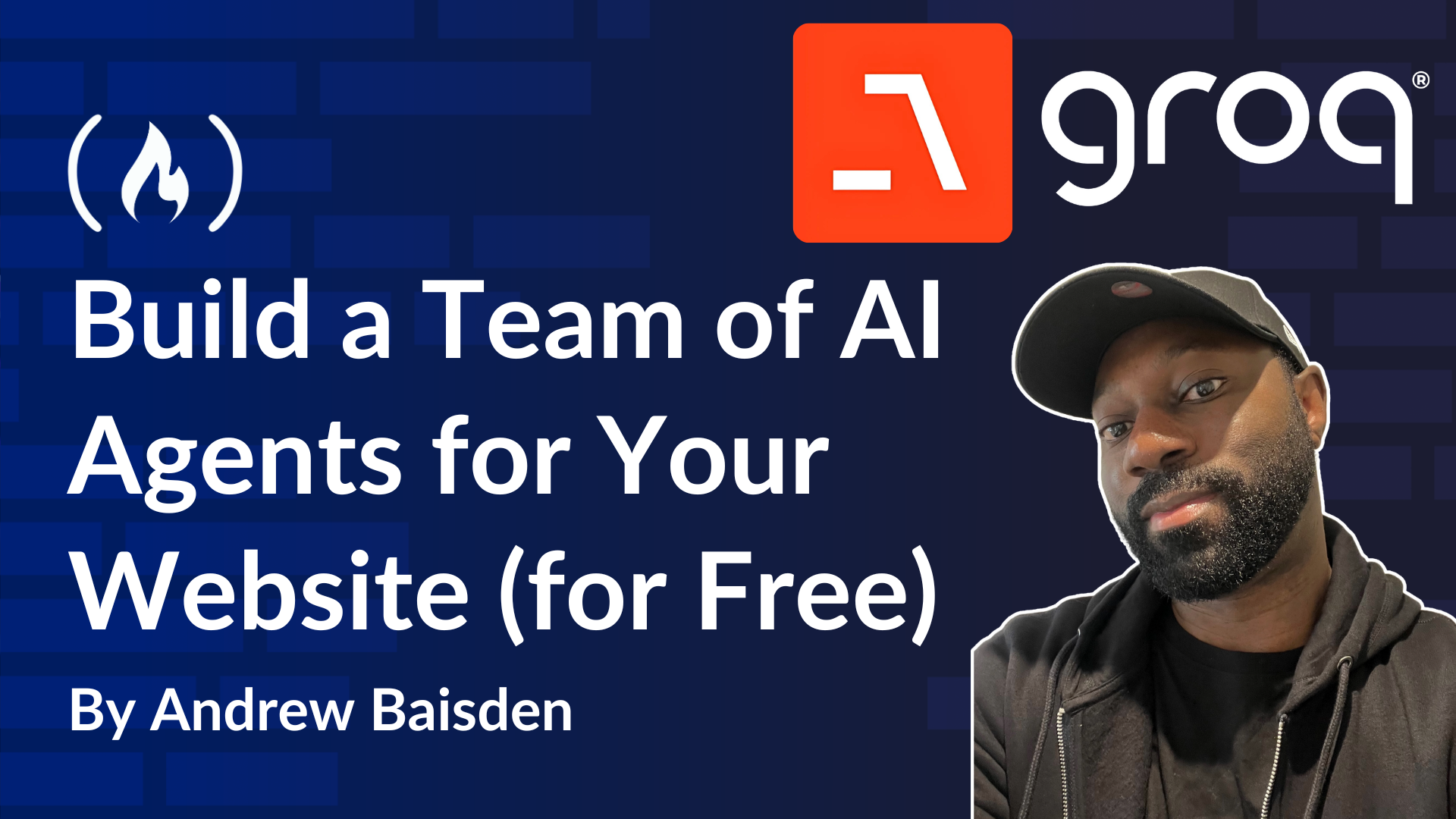
![From broke musician to working dev. How college drop-out Ryan Furrer taught himself to code [Podcast #166]](https://cdn.hashnode.com/res/hashnode/image/upload/v1743189826063/2080cde4-6fc0-46fb-b98d-b3d59841e8c4.png?#)






























































































